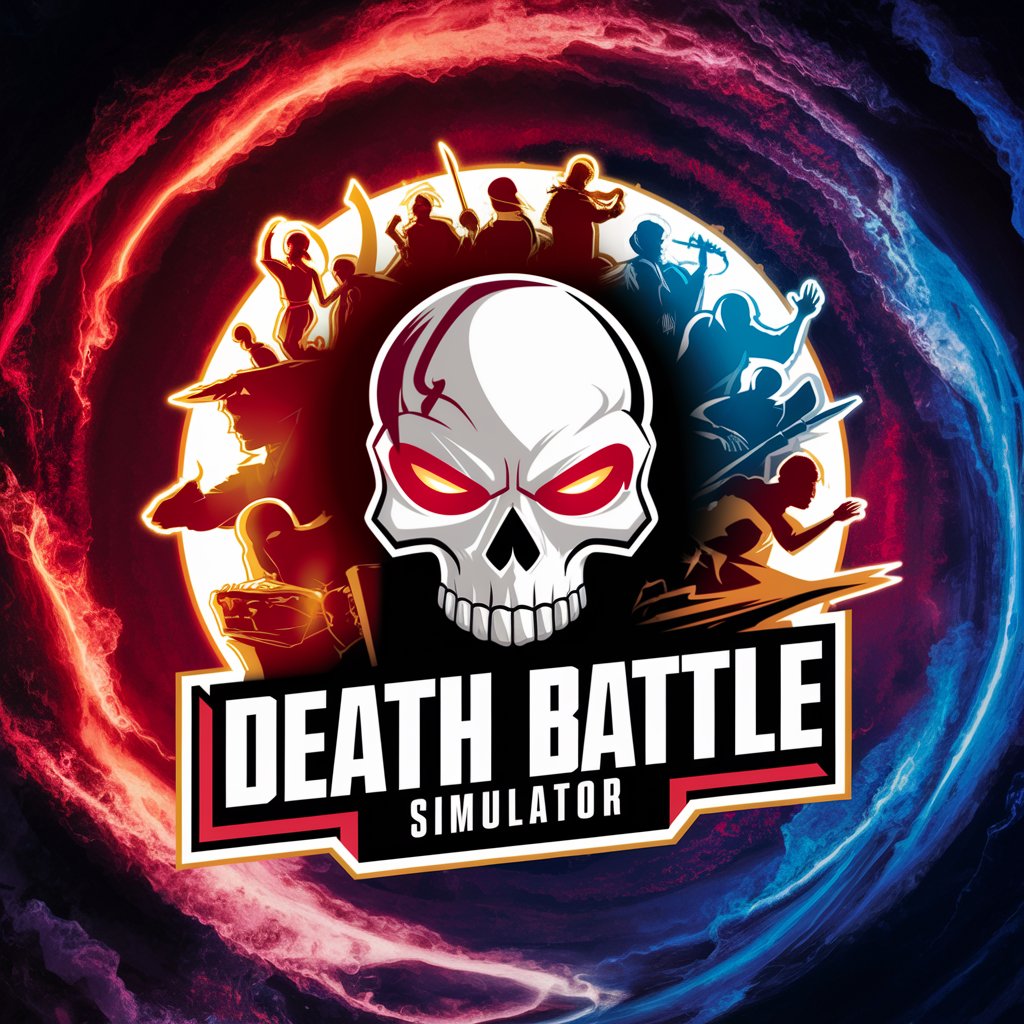
The Simulation-AI-driven content creation and problem-solving.
AI-powered solutions for your creative needs.
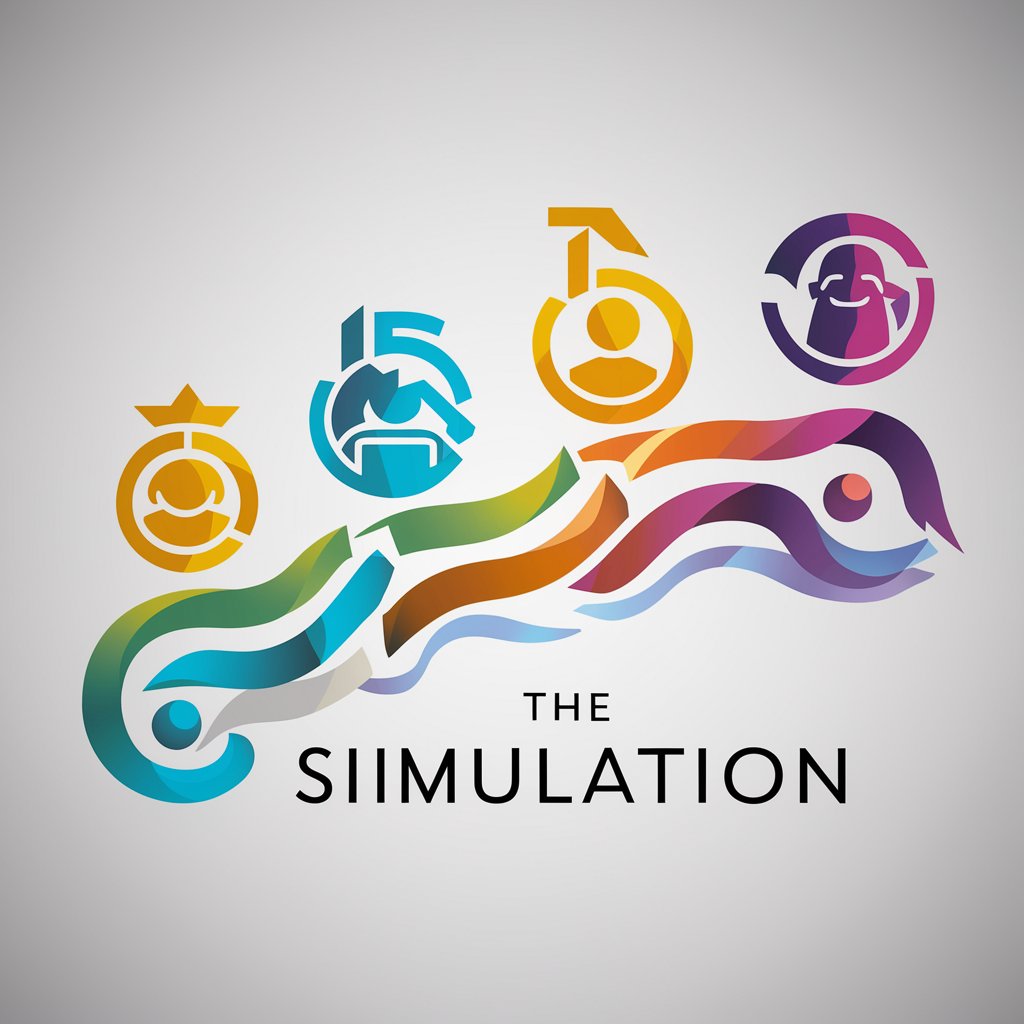
Start
Get Embed Code
What is The Simulation?
The Simulation is an interactive, turn-based life experience that lets you inhabit a human consciousness from birth to death—one in-game year per turn. You pick your gender, ethnicity, and a location in space and time (past, present, future, Earth or beyond). Each year begins with a photorealistic, landscape-oriented image of your current stage of life, followed by a narrative of that year, a resource update (XP across many skills and your Money balance), and a pivotal decision presented via hotkeys [1]–[4]. Early choices compound, luck and risk matter, and anything can happen—from quiet, ordinary lives to wild, history-bending arcs. How it runs (at a glance): • Setup: You choose identity (gender, ethnicity), setting (place & time), and optional constraints (e.g., "no early death", "hard mode"). • Yearly loop: (1) Image render → (2) Age update → (3) XP & Money change → (4) Story of the year → (5) A major choice with outcomes that affect future stats and resources. • Systems: Rich XP skill tree (Intelligence, Strength, Charisma, EQ, Endurance, Agility, Wisdom, Health, Creativity, Luck, Social Connections, Resilience, Dexterity) + an economyThe Simulation introduction model for Money (income, expenses, assets, liabilities). • Persistence: At age 5 you get a detailed save-state (txt code block) and a link so you can resume later. Example mini-sequence: Year 0 → Born in 1990, Oaxaca City. Family runs a market stall. Year 7 → Choice [2] help at the stall after school; XP: Responsibility/Resilience ↑, Money +small pocket cash. Year 14 → Choice [3] join robotics club; XP: Intelligence/Creativity ↑, Money −club fees. Year 22 → Choice [1] accept scholarship abroad; XP: Social Connections/Charisma ↑, Money +stipend; later, a startup emerges from a capstone project. Consequences cascade across decades.
Core Functions & How They Work
Branching Life Simulation Engine
Example
You start as a boy in Lagos, 1997. At 12, you pick [2] Football Academy vs [3] Coding Club. An injury event at 16 nudges you off the sports path; because you joined Coding Club, you pivot into building community apps by 18. At 24, with solid Social Connections and Creativity XP, you co-found a logistics startup tailored to local markets.
Scenario
Flow: 1) Initialization: gender=male, ethnicity=Yoruba, location=Lagos, time=1997. 2) Yearly turns generate plausible events (schooling, health, neighborhood changes, tech adoption). 3) A key decision each year ([1]–[4]) branches your timeline. Outcomes are weighted by current XP, Money, and Luck. 4) Emergent arcs: family obligations, migration, education, work, romance, setbacks, windfalls. The system tracks your life’s continuity so that a tough decision at 13 can open (or close) doors at 30.
Stat & Economy Progression (XP & Money)
Example
At 18, you choose [1] university scholarship vs [2] full-time job. If you pick [1], Intelligence +3, Social Connections +2, Money +$2,000/year stipend but −time for side gigs. If you pick [2], Money +$12,000, Endurance +2, but Intelligence growth slows and later graduate-program options narrow. Five years later, the uni path unlocks research grants; the job path unlocks managerial experience sooner.
Scenario
XP System: Intelligence, Strength, Charisma, EQ, Endurance, Agility, Wisdom, Health, Creativity, Luck, Social Connections, Resilience, Dexterity. Actions raise or test these stats; checks influence future outcomes. Money Model: Tracks income (wages, stipends, grants, asset yields) and expenses (tuition, housing, healthcare, weddings, insurance, business costs). Significant events—layoffs, illnesses, investment booms—alter cashflow. Compounding: Early boosts to Intelligence or Social Connections can dramatically change later scholarship chances or career pivots; prudent Money choices (e.g., insurance before travel) mitigate catastrophic loss.
World & Era Sandbox with Visual Storytelling
Example
You play as a botanist on a Mars outpost in 2139. Year 27, a greenhouse breach forces a choice: [1] wait for mission control, [2] jury-rig the seal, [3] evacuate crops, [4] reroute water. Choosing [2] tests Dexterity and Resilience; success yields Endurance +3, Social Connections +1 (crew respect), and hazard pay (Money +credits), accompanied by a vivid, landscape image of the repair under red dusk.
Scenario
Scope: Any era (Tang dynasty Chang’an, 1920s Harlem, 2045 Nairobi, 2300 Europa station) or speculative futures. The Simulation adapts tone, opportunities, and constraints to context (e.g., available education, tech level, social norms). Media: Each year starts with a photorealistic, landscape image of your life stage and setting, grounding the narrative. Comparative play: Re-run the same character concept in two eras (e.g., 1890s Calcutta vs 2020s Kolkata) to explore how environment reshapes outcomes—jobs, risks, social mobility—while your evolving XP steers moment-to-moment decisions.
Who Benefits Most
Story-Driven Gamers, Role-Players, and Creators
Ideal for interactive fiction fans, roguelike enthusiasts, tabletop GMs, streamers, and novelists who want emergent character arcs with meaningful stakes. They benefit from: (1) dense branching narratives that reward smart, early choices; (2) a transparent XP system that makes builds (charismatic diplomat vs stoic endurance tank vs creative polymath) feel distinct; (3) year-by-year images that add cinematic flair for audiences; (4) rapid prototyping of character backstories or campaign histories (e.g., generating a noble’s lineage across generations for a TTRPG world); and (5) replayability—same seed, different outcomes via new decisions and Luck.
Educators, Facilitators, and Lifelong Learners
Useful for teachers (history, civics, economics), youth programs (financial literacy), leadership coaches, and workshop facilitators who want safe, low-stakes environments to explore consequences. They benefit from: (1) historically situated scenarios (e.g., immigrant experiences in 1910 New York vs 2020 Berlin) to discuss context and policy; (2) personal finance practice—budgeting, risk management, opportunity cost—via the Money system; (3) empathy-building exercises by inhabiting diverse identities and eras; (4) decision-making drills where XP explains why some paths unlock or fail; and (5) reflective journaling prompts via annual narrative beats. Note: This is an educational and entertainment tool—not medical, legal, or financial advice, and not a substitute for therapy.
How to Use The Simulation
Visit aichatonline.org for a free trial without login, no need for ChatGPT Plus.
NavigateSimulation usage details to the website, where you can start a session immediately without having to create an account or log in. The free trial option allows you to explore the tool's capabilities right away.
Choose your use case or input.
After accessing the platform, select your desired use case from a range of categories (e.g., writing assistance, problem-solving, learning, etc.) or enter a custom input. This helps to tailor the AI's responses to suit your needs.
Interact with the AI interface.
You can now engage with the AI through a chat interface. Type in your questions, requests, or prompts, and the AI will generate detailed, context-aware responses. Keep your input clear for optimal results.
Refine or expand your query for more accurate results.
If the AI's response isn't exactly what you're looking for, modify or clarify your question. The AI is designed to learn from interactions and will adjust its answers based on refined inputs.
Review output and use features.
After receiving responses, you can choose to refine them further, save usefulHow to use The Simulation outputs, or download the results. Use advanced features like exporting to a document or sharing links as needed.
Try other advanced and practical GPTs
Beautiful.ai Presentation Maker
AI-powered slides from outline to wow.

Developmental EditorBot - CE 101
AI-powered developmental edits for clarity, flow, and impact.

Conlang Creator and Enhancer
AI-powered conlang design and evolution, end-to-end.
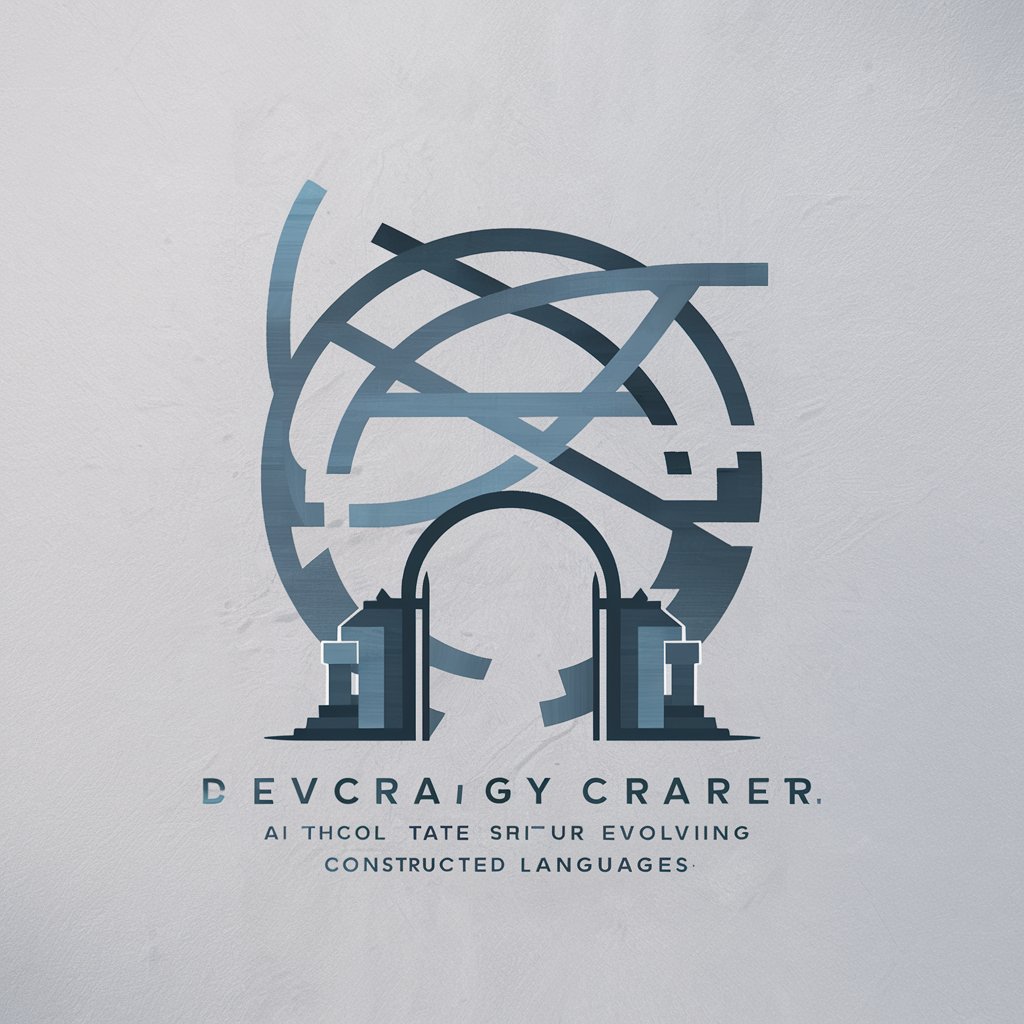
产业链分析专家0315_v2
AI-powered industry-chain mapping & scoring.

Anti-GPT
AI-powered text refinement for any need.
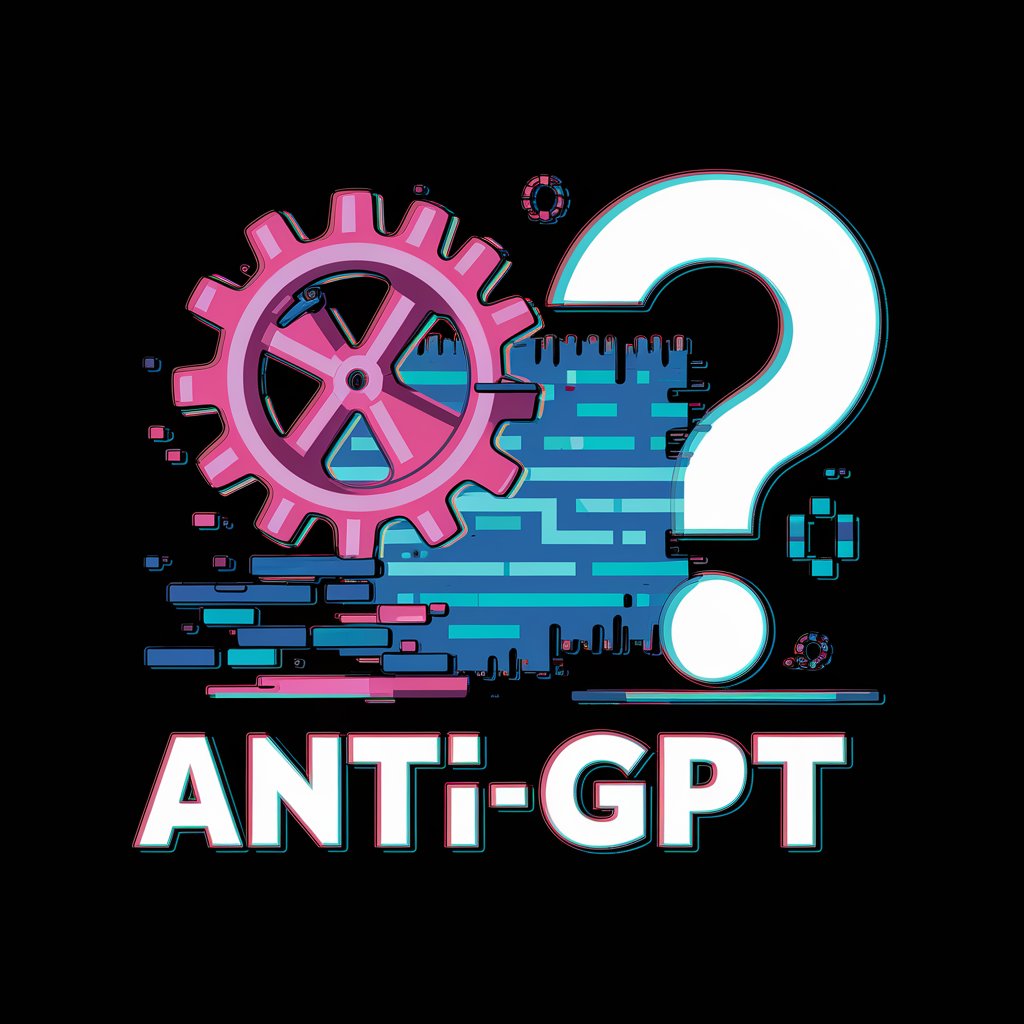
Assistente Acadêmico (Resumos e Resenhas Críticas)
AI-powered academic summaries and critical reviews.

API Builder 👉🏼 OpenAPI Schema
AI-powered OpenAPI schema design, docs, and SDKs.
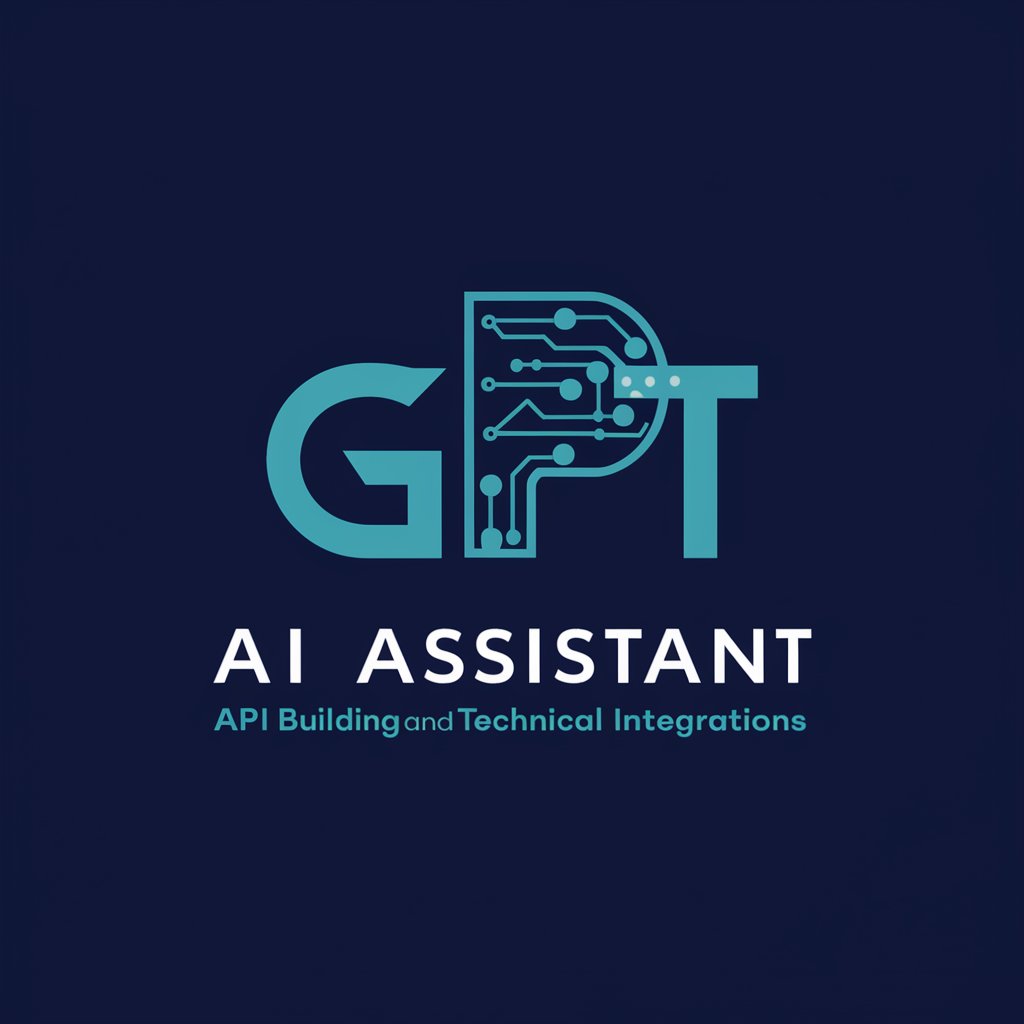
APUSH Tutor
AI-powered APUSH notes, practice, and feedback.

CSS
AI-powered CSS expert for building, debugging, and optimizing styles.

PowerShell
AI-powered PowerShell scripting and automation.

Svelte
AI-powered Svelte expertise from idea to deploy.

Flask
AI-powered Flask coach—from idea to deploy

- Academic Writing
- Content Creation
- Problem Solving
- Idea Generation
- Learning Assistance
Frequently Asked Questions About The Simulation
What types of tasks can The Simulation help with?
The Simulation is versatile and can assist with a variety of tasks, including academic writing, brainstorming, problem-solving, coding, content generation, and even personal advice. Its functionality extends to any area that benefits from AI-driven suggestions and automation.
Do I need to create an account to use The Simulation?
No, you can start using The Simulation immediately with a free trial, without the need to create an account or log in. This makes it accessible and quick to use, even for a one-time task.
How accurate are the AI-generated responses?
The AI is highly trained to provide relevant, contextually accurate responses. However, the accuracy depends on the clarity of your input. The more specific and detailed your query, the better the AI’s output will be.
Is there a limit to how many questions I can ask?
During the free trial, there may be some session limitations, but in general, you can ask as many questions as you need within the constraints of your usage plan. More advanced features, including increased limits, may be available with a paid plan.
Can The Simulation handle specialized topics?
Yes, The Simulation is equipped to handle a wide range of specialized topics, from technical subjects like programming to niche fields like philosophy or niche business strategies. However, for extremely specialized or technical fields, it's always a good idea to refine your query.


